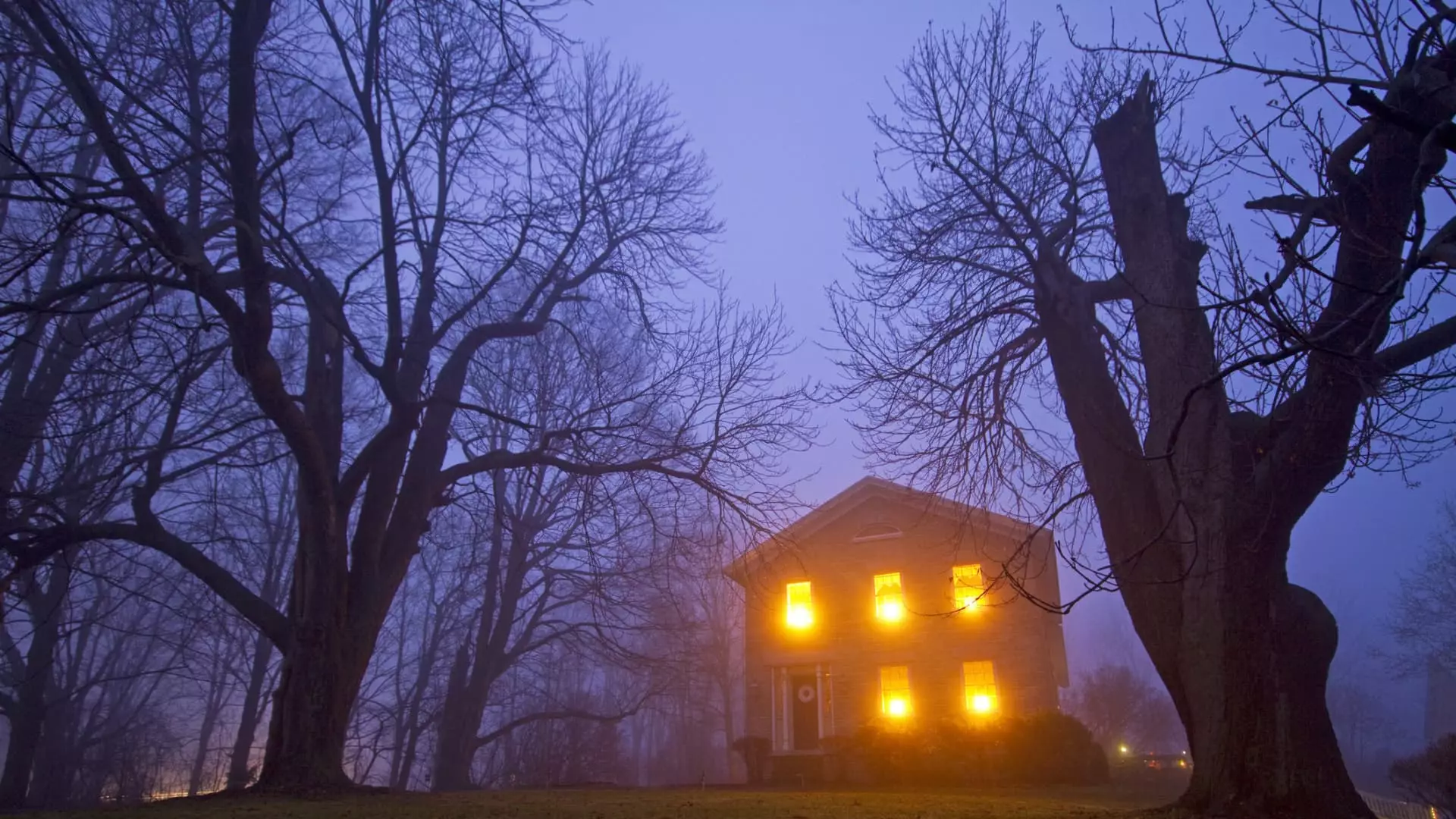Real estate transactions can often be clouded by questions of transparency, particularly concerning the history of the property. Among the issues that arise is the concept of “stigmatized properties.” These are homes that have acquired a reputation based on past occurrences that are considered undesirable, such as death or violent crimes occurring on the premises. The way such information is handled varies significantly by state, with laws on disclosure and the expectations placed on agents also differing. This article aims to delve into the nuances of dealing with stigmatized properties, shedding light on what potential homebuyers should be aware of.
When it comes to real estate transactions, the disclosure of a home’s history often rests heavily on state laws. In many instances, agents and sellers are not legally obligated to reveal if a death occurred within a property. For example, California mandates that sellers disclose a death within the past three years, whereas Alaska requires disclosure of murders or suicides from the last year. Other states, such as New York, may require less disclosure, with sellers only needing to be forthcoming about claims of paranormal activity. This patchwork of regulations means that prospective buyers must be diligent and informed, asking pertinent questions about the property’s history.
The challenge for buyers lies in navigating this legal landscape. Many states afford homebuyers the responsibility to inquire directly about a property’s past. In Georgia, for instance, agents are not required to disclose whether a death occurred unless directly asked. This highlights the importance of proactive inquiry by buyers, who may find themselves at a disadvantage if they rely solely on agents to disclose sensitive information.
The significance of a home’s history can vary dramatically based on individual beliefs and psychological factors. For some, the presence of a traumatic past—be it a murder or a haunting—can serve as a powerful deterrent. Daryl Fairweather, chief economist at Redfin, notes that a substantial portion of buyers may feel uneasy about living in a home that carries such a stigma. Conversely, there are those who find the history of a property intriguing, even appealing, if it represents an opportunity to purchase at a lower price.
Statistics support this duality; a study revealed that 72% of Americans are willing to consider buying a haunted house if the price is right. Yet this willingness often springs from a pragmatic approach, showing that homebuyers are increasingly focused on financial implications rather than emotional sentiments tied to a property’s reprehensible past.
Understanding Buyers’ Perspectives
Every potential buyer interacts with stigmatized properties through their own set of filters—cultural beliefs, prior experiences, and even personal comfort levels with the unknown all come into play. Recent data underscores this point; in a 2023 survey, around 67% of prospective buyers indicated they would still consider a home described as haunted, provided it met other criteria such as good location and affordability. This reveals a significant shift towards valuing practical aspects over superstitions or historical incidents.
Moreover, some individuals are even willing to negotiate aggressively on the price of such homes. It’s not uncommon for buyers to propose offers significantly below the market value, seeking discounts based on a property’s stigmatized reputation. This may lead to unique negotiation dynamics, where the history of the home serves as a bargaining tool.
For buyers grappling with concerns about a property’s past, proactive investigation is crucial. Engaging a trustworthy real estate agent can provide the first line of insight. Agents in some states are required to furnish full and honest answers when buyers inquire about the property’s history.
Additionally, interfacing with neighbors can yield organic insights, as local residents often possess invaluable information about prior homeowners or incidents associated with a home. Furthermore, prospective buyers can archive records through public databases or even newspaper articles to discern if there have been any past incidents tied to a property.
Ultimately, it is crucial to recognize that all homes have a history, and while some memories may be unsettling, they don’t define the potential for positive experiences. Real estate agents and buyers alike must strike a balance between transparency, personal beliefs, and legal obligations when navigating the realm of stigmatized properties.
In a market characterized by diverse opinions, remaining informed and engaged allows homebuyers to make educated choices while ensuring that their future homes hold more than just their burdensome past. Armed with knowledge, buyers can feel empowered to create a narrative that embraces the house’s history while fostering their own positive experiences within it.

